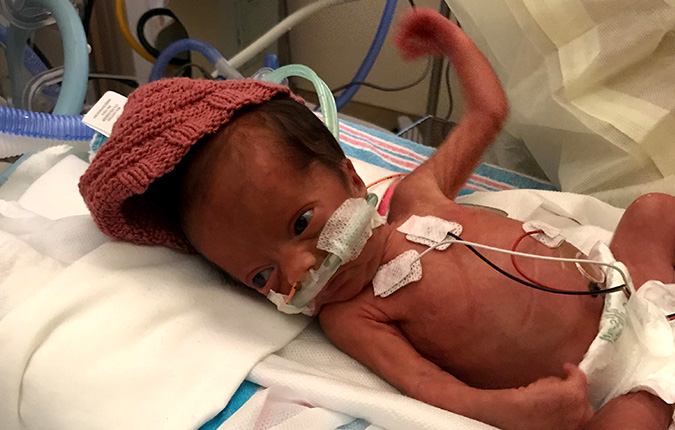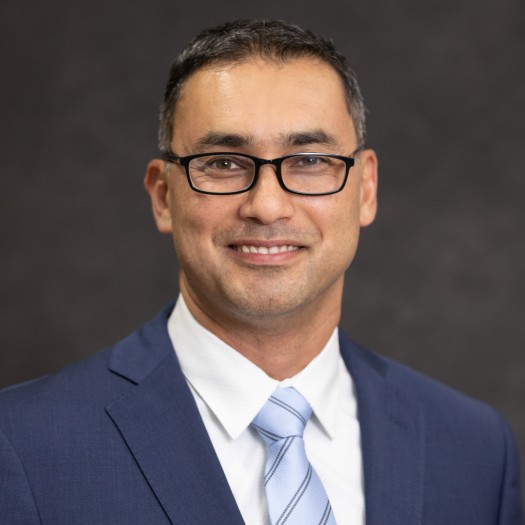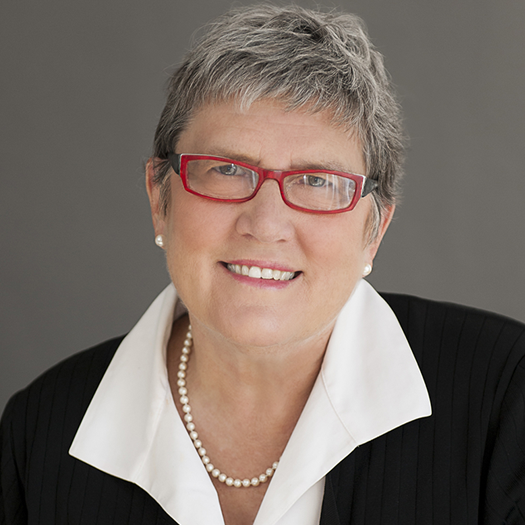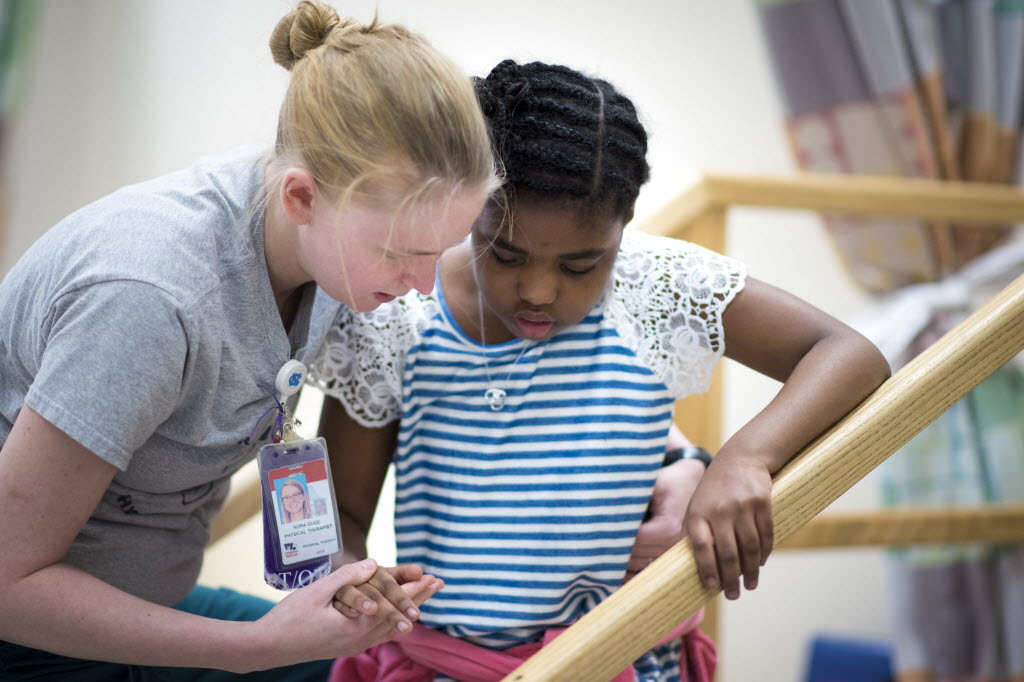Condition
Pediatric Skeletal Dysplasias
What is skeletal dysplasia?
Skeletal dysplasia describes a category of rare genetic disorders that affect bones and joints and hinder children’s growth and development. The disorder causes abnormally shaped bones, especially in the head, spine and long bones of the arms and legs. Children with skeletal dysplasia often have limbs that are too short compared with the rest of the body.
If untreated, skeletal dysplasia can lead to:
- Difficulty breathing, including apnea (breathing stops for 20 seconds or more)
- Spinal problems including curving, bowing, or narrowing (stenosis) of the spine
- Fluid buildup around the brain
- Obesity
- Chronic ear infections
Frequently Asked Questions
What causes skeletal dysplasia?
Types of skeletal dysplasia
Symptoms of skeletal dysplasia
How is skeletal dysplasia diagnosed?
Treatments for skeletal dysplasia
Additional resources
Providers Who Treat Skeletal Dysplasias
 Aasha's Rare Gift Will Help Other Babies Grow up Healthy
Aasha's Rare Gift Will Help Other Babies Grow up HealthyTesting the descrption field
Departments that Treat Skeletal Dysplasias

Skeletal Dysplasia Clinic
For more than 25 years, the Skeletal Dysplasia Clinic has provided multidisciplinary care for infants, children, and young adults with various forms of skeletal disorders.














